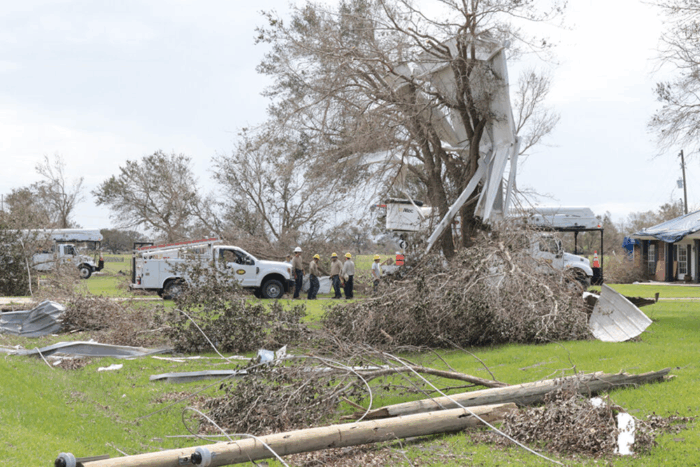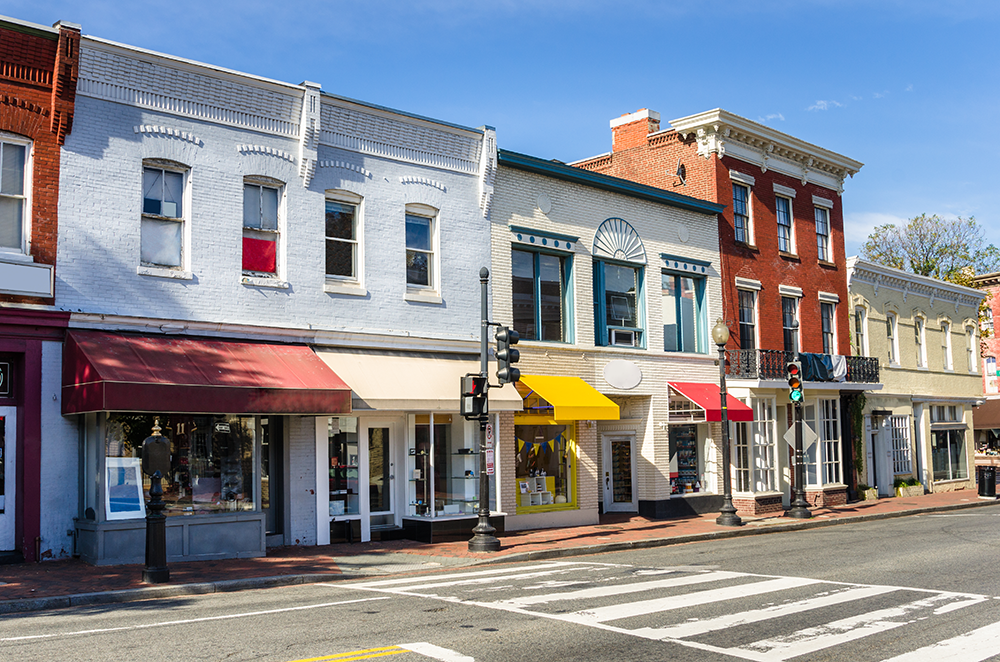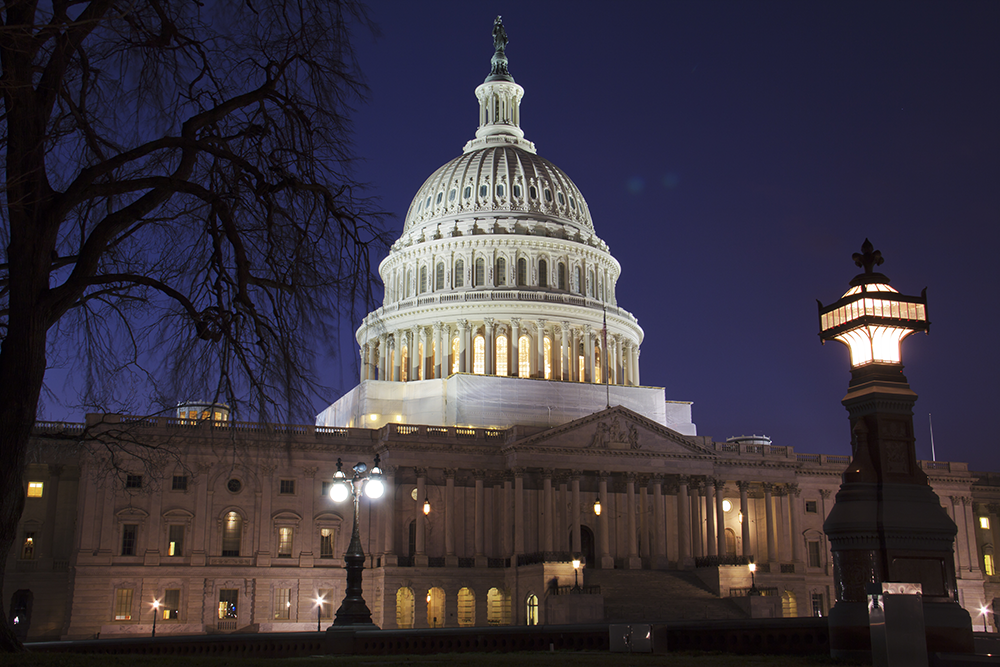
The House Transportation and Infrastructure Committee voted to advance the Fixing Emergency Management for Americans (FEMA) Act, which would also keep in place FEMA’s essential Public Assistance program that provides funding to co-ops to restore power and rebuild their systems after major weather events.
The National Rural Electric Cooperatives Association (NRECA) pushed for an important change that was added to the version of the bill passed on September 3. This provision would make co-ops eligible to be reimbursed for the interest they must pay on loans to perform emergency work and rebuild their systems while they wait to receive disaster funds from FEMA.
The bill is expected to go before the full House for a vote in the coming weeks. NRECA has been urging Congress to reform and modernize FEMA while keeping the agency intact.
“Electric cooperatives are among the first to respond when disaster strikes and work tirelessly to restore power in some of the hardest-hit and most remote communities,” NRECA CEO Jim Matheson said after last week’s vote. “FEMA plays a critical role in these efforts.”
“This strong bipartisan committee vote is an important step towards a stronger, more responsive FEMA that helps co-ops rebuild faster and reduces the post-disaster financial burden on rural families and businesses,” he said. “The FEMA Act of 2025 is a vital step toward a smarter FEMA—one that protects taxpayer dollars and empowers local communities.”
NRECA provided committee members with real-world examples of the harm done to co-ops that have had little choice but to accumulate huge debts from interest on loans. In most cases, not-for-profit co-ops have been forced to pass those interest costs on to their members, many of whom live in rural areas with high poverty rates.
One such example is Jeff Davis Electric Cooperative in Jennings, Louisiana, which has accrued more than $15 million in interest from loans it received after Hurricane Laura destroyed its system in 2020, said NRECA Legislative Affairs Director Will Mitchell.
JDEC has to rely on emergency generators to power its system while rebuilding everything from the ground up, Mitchell said. The co-op has been denied interest reimbursement for the costs of operating the generators to provide power to its members.
The FEMA reform bill would also greatly shrink the amount of time it takes for co-ops to receive reimbursements from the agency.
It would direct the FEMA administrator to reimburse a co-op for emergency work no later than 120 days after it submits a request, Mitchell said. The president would first need to determine that at least 90% of estimated costs are eligible for reimbursement.
For longer-term projects to rebuild or replace infrastructure, the bill would require FEMA to review within 90 days a co-op’s cost estimate of the work that needs to be done, Mitchell said. After that, the agency would have 30 days to disburse the funds for the project.
“Right now, most co-ops are waiting years for reimbursement,” Mitchell said.
Another big improvement, he said, is that co-ops would be allowed to build stronger, more resilient systems in the aftermath of disasters rather than being forced by the agency to build everything back exactly as it was.
If passed by the House, the legislation would still need to be approved by the Senate and signed into law by the president. That process could be expedited if the bill is attached to a must-pass government funding bill before the end of the year.


